文章: Can Manuka Honey Help with Psoriasis?
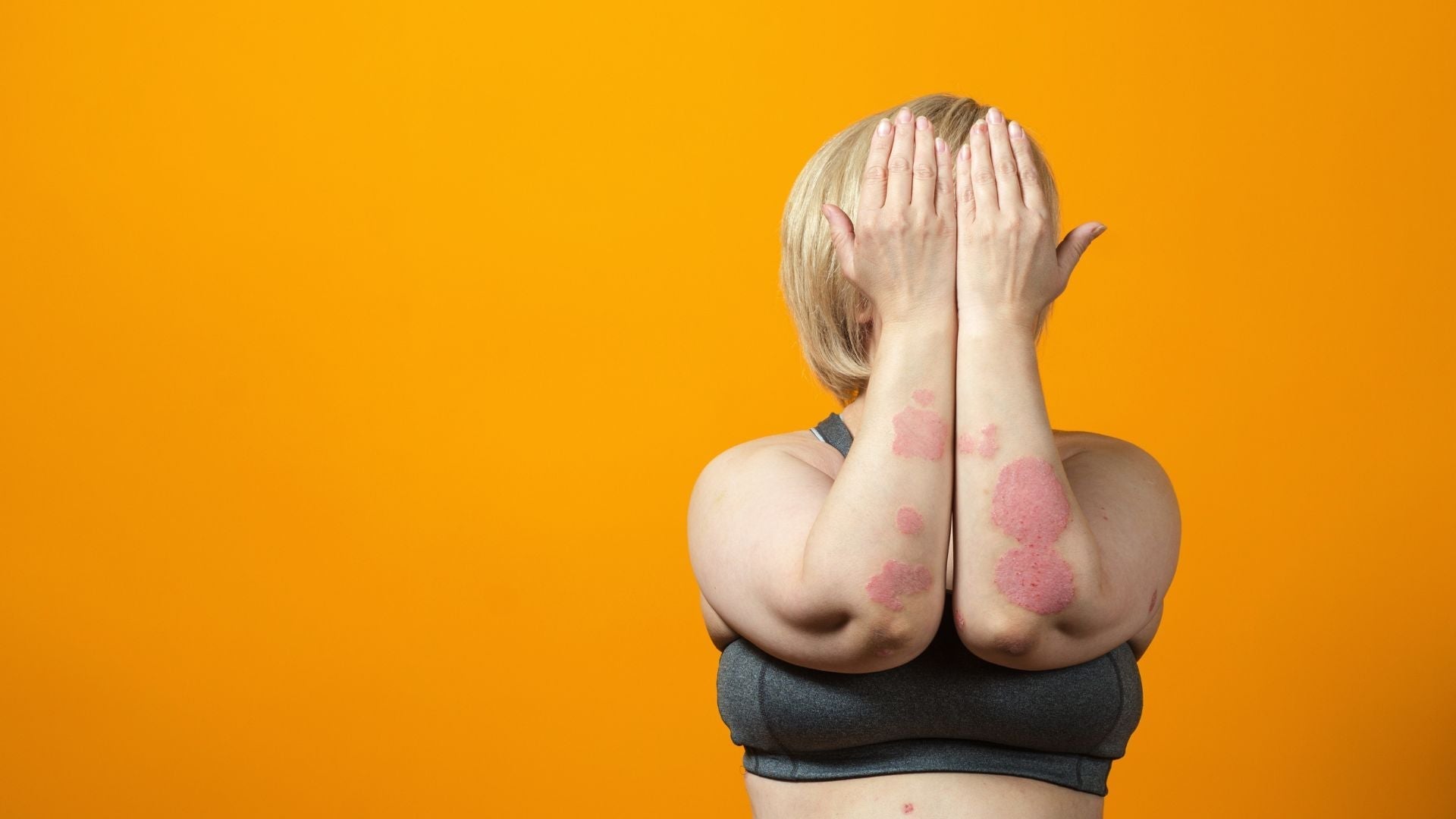
Can Manuka Honey Help with Psoriasis?
Can Manuka Honey Help with Psoriasis? Exploring the Sweet Potential
If you’ve ever dealt with psoriasis, you know the struggle: red, scaly patches that itch, burn, and sometimes crack, all thanks to an overzealous immune system. It’s a chronic condition with no cure, leaving many on a quest for relief beyond steroids and phototherapy. Enter Manuka honey—a sticky, golden elixir from New Zealand that’s been buzzing in wellness circles. Known for its antibacterial and anti-inflammatory powers, could it be a natural ally for psoriasis-prone skin? Let’s dive into the science, the stories, and the practicalities to find out.
What Makes Manuka Honey Special?
Manuka honey isn’t your average pantry staple. Harvested from bees pollinating the Manuka tree (Leptospermum scoparium), it packs a unique punch thanks to methylglyoxal (MGO), a compound responsible for its potent antibacterial properties. High-quality versions are prized for wound healing, fighting infections, and—potentially—calming inflammation. Psoriasis, with its inflamed, scaly patches and occasional risk of secondary infections, seems like a prime candidate for this natural remedy. But does the evidence stack up?
The Science: What Studies Say
Research on Manuka honey and psoriasis is limited, but related studies offer clues. A 2017 study in Immunity, Inflammation and Disease tested Manuka honey on eczema patients—another inflammatory skin condition. After a week of nightly applications, treated lesions improved significantly compared to untreated ones, hinting at anti-inflammatory benefits. Psoriasis shares some mechanisms with eczema, like inflammation and skin barrier issues, so this is promising, if indirect.
Closer to home, a 2016 pilot trial in PMC explored Kanuka honey (a Manuka cousin) for psoriasis. Patients applied it to one lesion and a basic cream to another for two weeks. Both reduced symptoms, but honey didn’t outshine the cream. It was soothing, sure, but not a game-changer. Meanwhile, a 2003 study in Complementary Therapies in Medicine tested a honey-beeswax-olive oil mix on psoriasis and eczema, finding it eased scaling and redness—though steroids still won out.
Manuka’s antibacterial edge shines in a 2018 review in AIMS Microbiology, showing it can tackle Staphylococcus aureus, a bug that loves to infect cracked psoriasis skin. This suggests it might prevent flare-ups tied to infections, even if it doesn’t fix the root cause. A 2013 review in the Journal of Cosmetic Dermatology ties it all together, praising honey’s broad skin-healing potential, though it stops short of psoriasis-specific claims.
The verdict? Manuka honey has properties—anti-inflammatory, antimicrobial, hydrating—that could help psoriasis. But solid, psoriasis-focused trials are lacking. It’s more hypothesis than proven therapy.
Real-World Buzz: Anecdotes and Experiences
Beyond the lab, plenty of psoriasis sufferers swear by Manuka honey. Online forums and blogs are dotted with tales of slathering it on patches, often mixed with coconut oil or shea butter, to tame redness and flaking. Some report softer skin and less itching within days; others say it’s a slow burn, if it works at all. Psoriasis is notoriously individual—what’s a miracle for one might be a sticky mess for another. Without big studies, these stories are compelling but anecdotal.
How Might It Work for Psoriasis?
Theoretically, Manuka honey checks some boxes:
- Anti-inflammatory: MGO and other compounds might dial down the immune overdrive behind psoriasis plaques.
- Moisturizing: Its humectant nature could hydrate dry, scaly skin, reducing irritation.
- Antibacterial: By keeping infections at bay, it might prevent flare-ups in vulnerable spots.
Picture this: you dab a bit of high-quality Manuka honey on a stubborn patch. It soothes the sting, softens the scales, and maybe even keeps bacteria from crashing the party. Sounds nice, right? But it’s not a cure—psoriasis is too complex for that.
The Practical Side: Should You Try It?
If you’re tempted, here’s the scoop:
- Quality Matters: Opt for a high-potency version—check for MGO levels (250+ is a good benchmark). Cheap “Manuka” blends won’t cut it.
- Application: Test a small area first—some skin might balk at the stickiness or acidity. Mix with a neutral moisturizer if it’s too thick.
- Downsides: It can be messy so can pay to bandage larger areas
The Bottom Line
Manuka honey isn’t a psoriasis silver bullet. Science shows it has potential—calming inflammation, fighting bacteria, and hydrating skin—but the hard proof for psoriasis is thin. It might be a sweet sidekick to your usual treatments, especially if you’re into natural options or battling frequent infections. For now, it’s a “maybe” worth exploring, not a “must.”
Have you tried Manuka honey for your skin, or are you curious to give it a whirl? Either way, psoriasis is a marathon, not a sprint—finding what works is half the battle.
References
- Al-Waili, N., Salom, K., & Al-Ghamdi, A. A. (2013). Honey in dermatology and skin care: A review. Journal of Cosmetic Dermatology, 12(4), 306-313. https://onlinelibrary.wiley.com/doi/abs/10.1111/jocd.12058
- Alangari, A. A., Morris, K., Lwaleed, B. A., et al. (2017). Honey is potentially effective in the treatment of atopic dermatitis: Clinical and mechanistic studies. Immunity, Inflammation and Disease, 5(2), 190-199. https://www.ncbi.nlm.nih.gov/pmc/articles/PMC5406168/
- Fingleton, J., Helm, C., Tofield, C., et al. (2016). A randomised controlled trial of topical Kanuka honey for the treatment of psoriasis. PMC. https://www.ncbi.nlm.nih.gov/pmc/articles/PMC4930538/
- Al-Waili, N. S. (2003). Topical application of natural honey, beeswax and olive oil mixture for atopic dermatitis or psoriasis: Partially controlled, single-blinded study. Complementary Therapies in Medicine, 11(4), 226-234. https://www.sciencedirect.com/science/article/abs/pii/S0965229903001130
- Johnston, M., McBride, M., Dahiya, D., et al. (2018). Antibacterial activity of Manuka honey and its components: An overview. AIMS Microbiology, 4(4), 655-664. https://www.aimspress.com/article/10.3934/microbiol.2018.4.655

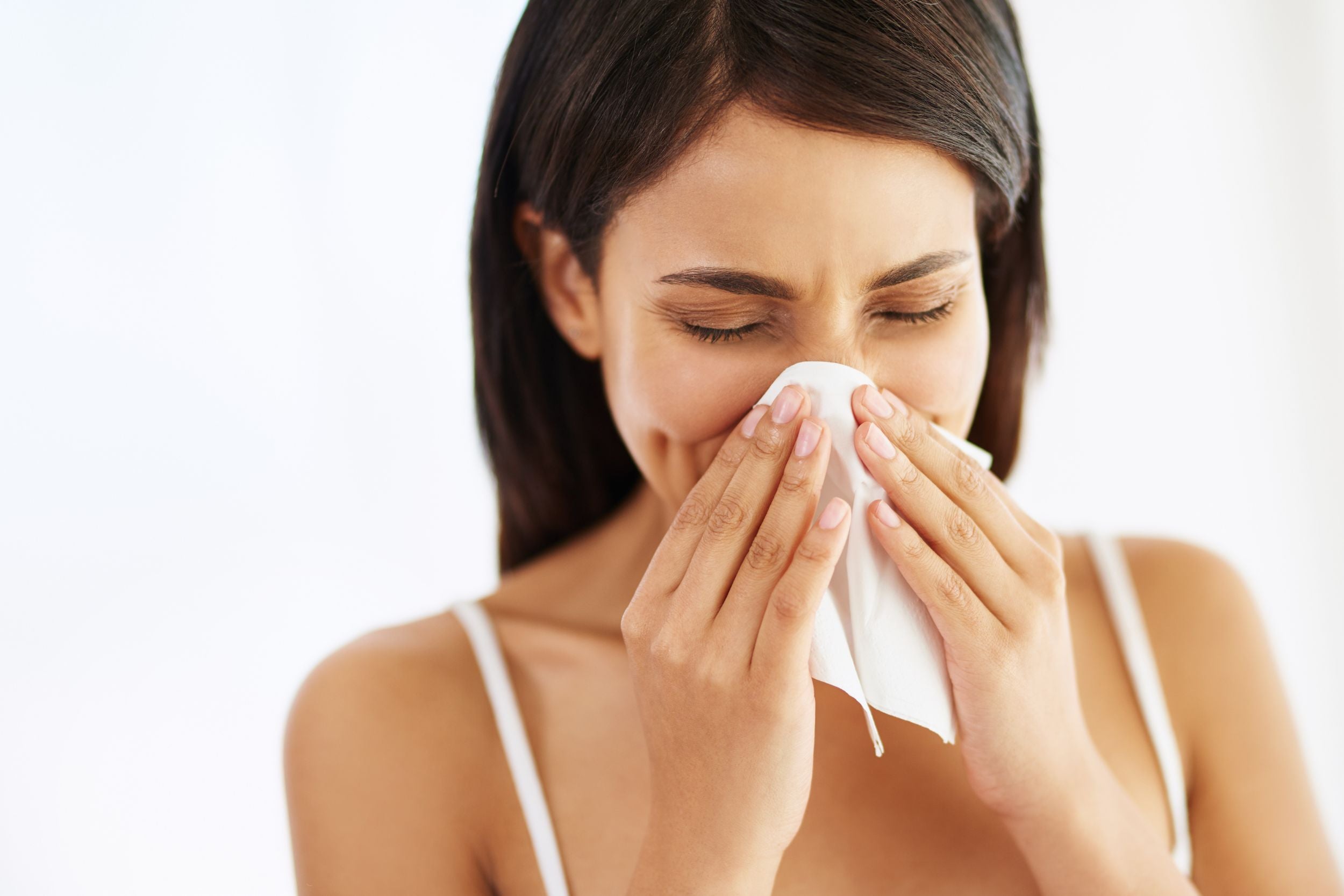
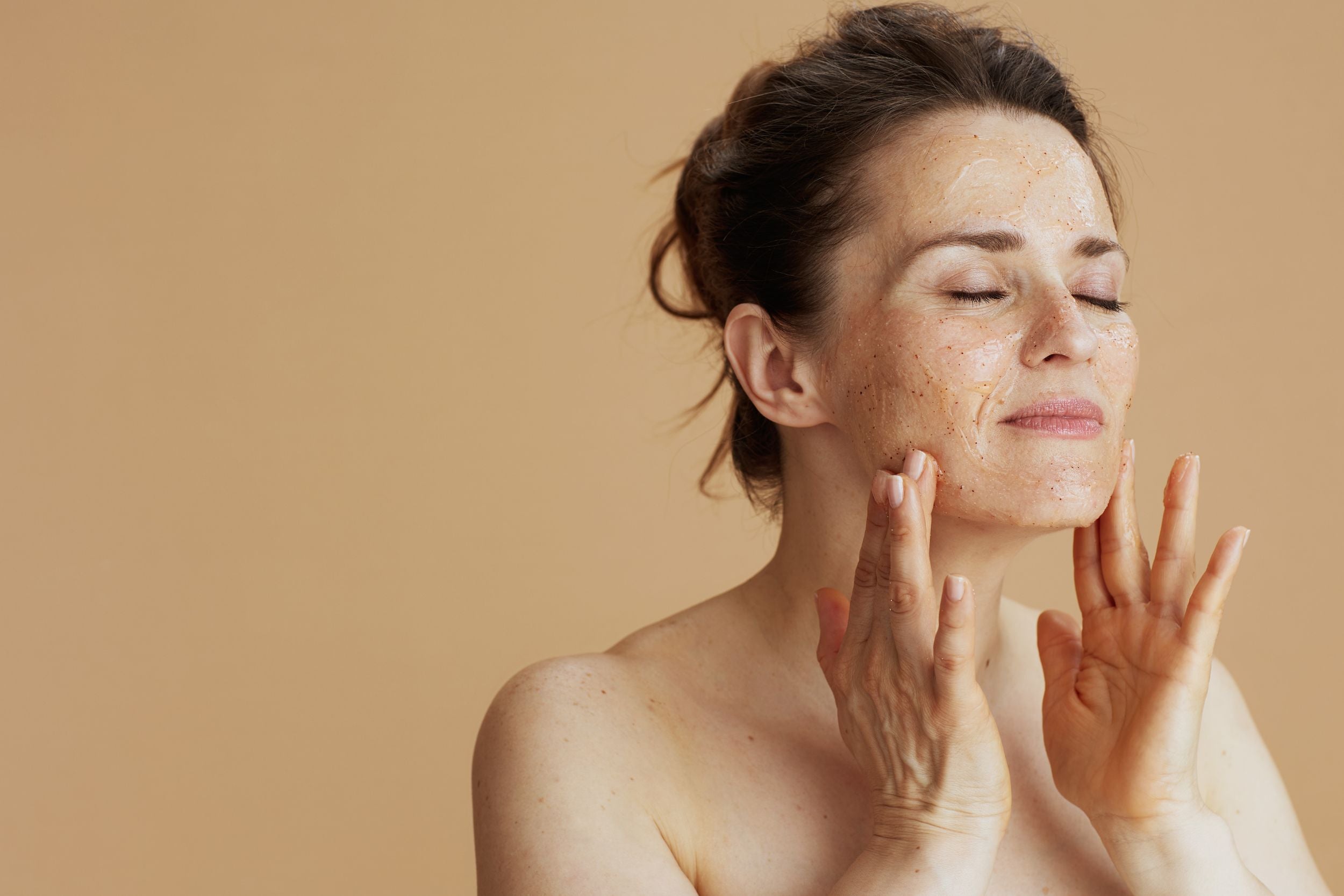
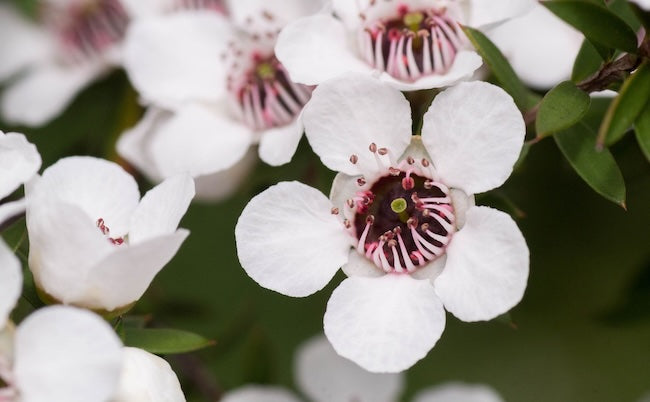
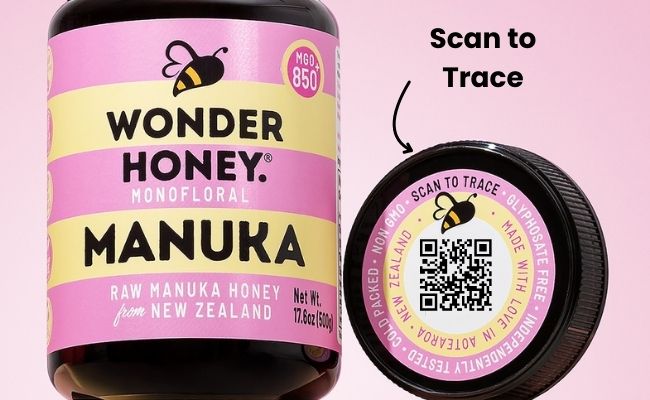

发表评论
此站点受 hCaptcha 保护,并且 hCaptcha 隐私政策和服务条款适用。